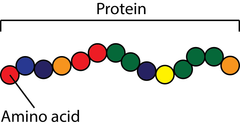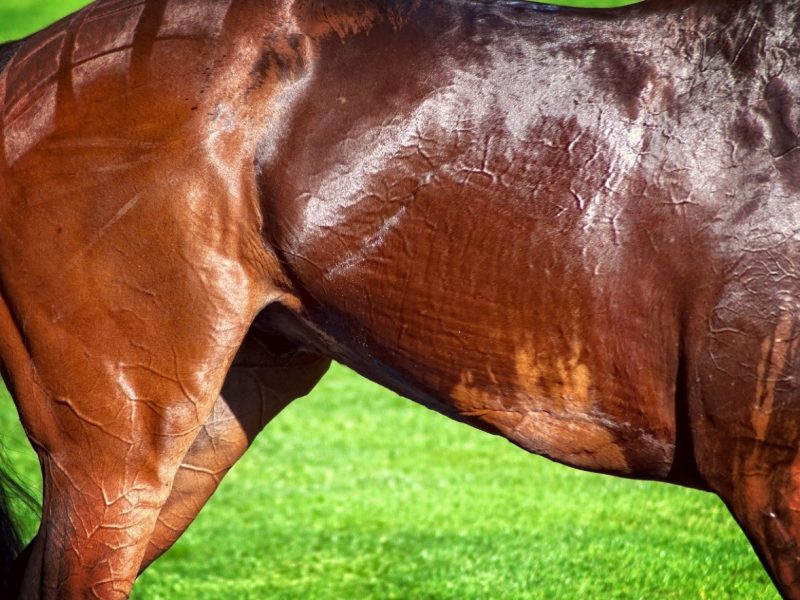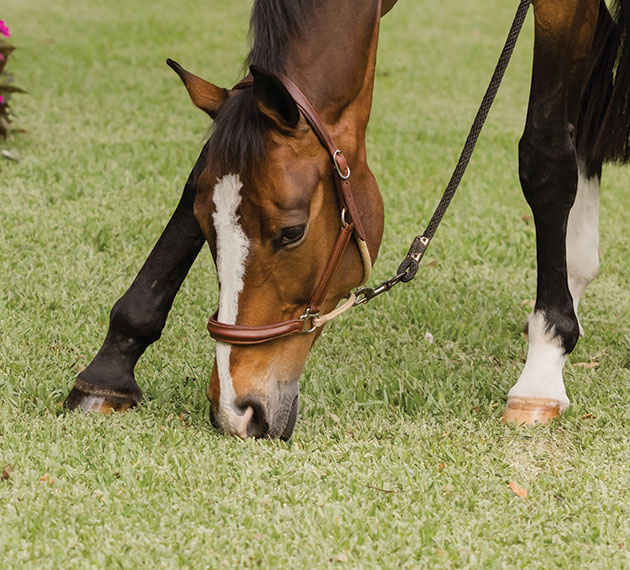Amino Acid Requirements and Sources for Your Horse

Understanding the amino acid needs of your horse is essential for maintaining optimal health, performance, and longevity. Amino acids are the building blocks of proteins, which play critical roles in muscle development, immune function, and overall metabolism.
What Are Amino Acids?

Amino acids are organic compounds that combine to form proteins. Horses require both essential and non-essential amino acids. Essential amino acids cannot be synthesized by the horse’s body and must be obtained through diet.
Essential Amino Acids for Horses
The primary essential amino acids for horses include:
| Amino Acid | Role in the Horse’s Body |
|---|---|
| Lysine | Crucial for growth, tissue repair, and muscle development |
| Methionine | Important for hoof health and antioxidant functions |
| Threonine | Supports immune function and protein balance |
| Tryptophan | Precursor for serotonin, affecting mood and appetite |
| Valine | Involved in muscle metabolism and repair |
| Isoleucine | Supports energy production and muscle recovery |
| Leucine | Stimulates muscle protein synthesis |
| Phenylalanine | Precursor for neurotransmitters and hormones |
| Histidine | Important for hemoglobin production |
Amino Acid Requirements
The amino acid requirements vary based on the horse’s age, workload, and physiological status (e.g., growth, pregnancy, lactation). For example:
- Growing foals need higher lysine levels to support rapid tissue development.
- Performance horses require balanced amino acids to repair muscle damage and sustain energy.
- Pregnant and lactating mares have increased demands to support fetal growth and milk production.
Common Sources of Amino Acids in Horse Diets
Horses primarily obtain amino acids from protein-rich feeds. Common sources include:
- Forages: Alfalfa and clover are higher in protein and amino acids compared to grass hays.
- Grains: Oats, barley, and corn provide additional protein but vary in amino acid profiles.
- Supplements: Commercial amino acid supplements can help balance diets, especially for horses with specific needs.
Table: Protein Content and Key Amino Acids in Common Feeds
| Feed Type | Crude Protein (%) | Key Amino Acids Present |
|---|---|---|
| Alfalfa Hay | 15-20 | High in lysine and methionine |
| Timothy Hay | 8-12 | Moderate lysine, lower methionine |
| Oats | 10-12 | Balanced amino acids, moderate lysine |
| Soybean Meal | 44-48 | Excellent lysine source |
Signs of Amino Acid Deficiency
Recognizing deficiency symptoms can prevent long-term health issues:
- Poor growth or weight loss
- Muscle wasting or weakness
- Poor coat condition
- Reduced immune response
- Hoof problems
Frequently Asked Questions (FAQ)
Q1: Can horses synthesize any amino acids on their own?
A1: Yes, horses can synthesize non-essential amino acids, but essential amino acids must come from their diet.
Q2: How can I ensure my horse gets enough lysine?
A2: Feeding high-quality forages like alfalfa and considering lysine supplements can help meet requirements.
Q3: Are amino acid supplements safe for all horses?
A3: Generally, yes, but it’s best to consult with a veterinarian or equine nutritionist before adding supplements.
Q4: Can amino acid imbalances affect my horse’s performance?
A4: Absolutely. Imbalances can lead to muscle fatigue, poor recovery, and decreased stamina.
Conclusion
Meeting your horse’s amino acid requirements through a balanced diet is vital for their health and performance. By understanding the roles of essential amino acids and providing appropriate feed sources, you can support your horse’s well-being effectively.
